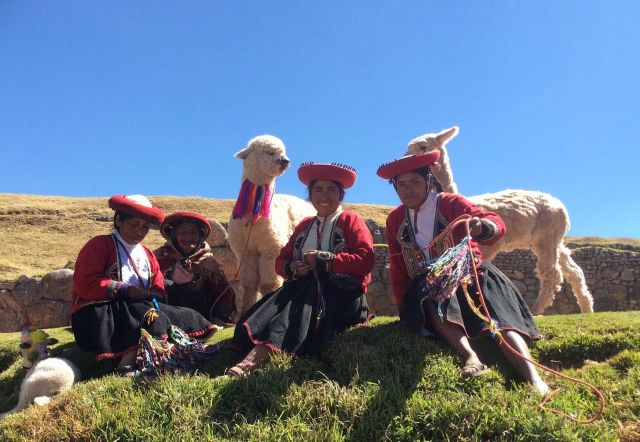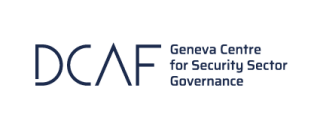Fact Sheet on Indigenous Peoples and Responsible Security Management

In June 2022, DCAF, the ICRC, and the GCBHR will launch cutting-edge practical guidance for companies on responsible security management: The Security and Human Rights Toolkit.
This week, DCAF, ICRC and the GCBHR are releasing the indigenous peoples fact sheet as a ‘sneak preview’ of the revised Toolkit. Indigenous peoples have distinct rights protecting their survival, dignity and well-being and companies have a responsibility to respect these rights. Companies that engage positively with indigenous peoples and work constructively in a framework of respect are more likely to avoid grievances or misunderstandings, gain community support and build a positive reputation.
However, public and private security providers may use force against protestors and indigenous activists who raise concerns about the company’s operations. They may also perpetrate acts of sexual violence, threaten indigenous peoples or commit other human rights abuse.
This week’s fact sheet features an example from an extractive company and an NGO. It discusses concepts such as:
- What are indigenous people’s rights and how can companies respect them?
- How can companies engage with indigenous peoples in a respectful manner?
- How can companies prevent their security providers from infringing on the rights of indigenous peoples?
Previous Fact Sheets
- Armed conflict and responsible security management
- Human rights due diligence
- Complex environments
- Gender
- Artisanal and small-scale mining
Upcoming Fact Sheet
- Human rights defenders
Security and Human Rights Toolkit
The new edition of the Toolkit on Addressing Security and Human Rights Challenges in Complex Environments supports and guides companies in how to responsibly organise their security arrangements. The Toolkit helps companies identify and mitigate human rights risks related to operational environments where social tensions or armed conflicts occur and where governance and rule of law are weak.
The updated version of the Toolkit will feature new case studies, tested good practices, resources, tools and fact sheets that provide concise, practical guidance on a series of key concepts connected to responsible security practices. It launches June 2022.




